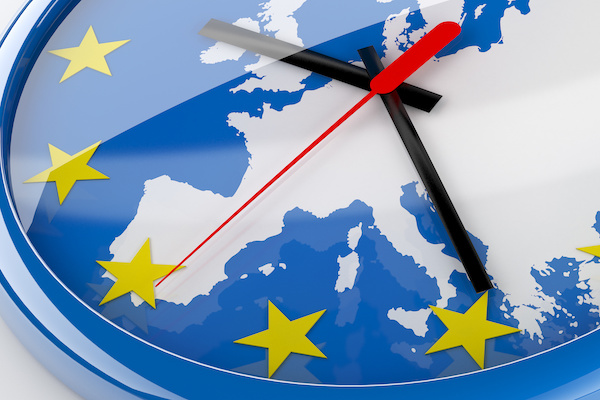12 October 2016
Ratification of the Paris Agreement : What Happens Next?


After some delay, the European Union eventually deposited its ratification instrument with the Secretary General last October 7th, thus bringing the number of signatories of the Paris Agreement, on that day, to 72 representing 56,75% of global greenhouse gas emissions. Far from being at the forefront, the EU was very close to see Indonesia and other countries ratifying the text before, thus potentially leading to the entry into force of the Agreement…without the EU!
The fight against climate change is far from being won, and covers various fronts. As often, the devil lies in small details, three ones exactly here, although these are not really details.
COP22: providing the means to fulfill its ambitions
An ambitious and efficient implementation at the global level is necessary to live up to the objectives set in the Paris Agreement. This will notably be the goal of the forthcoming COP22 to be held in Marrakesh early November. Ahead of the Conference, President of the COP21 Ségolène Royal recalled this week that “no second should be lost to ensure that the issue of climate financing gets solved the first day”. She was indeed referring to the promise of allocating $100 billion a year, cornerstone of the success of global climate efforts that has not been solved since the 2009 negotiations in Copenhagen. Such mobilisation would help reduce the efforts made by emerging countries. It nonetheless remains of concern for European Commission for Energy and Climate Action Miguel Arias-Cañete, who stressed that “the ratification of the Agreement is not a goal per se”, the most important task being to implement it.
EU ETS reform and Effort sharing in Europe: a sluggish European Parliament…
Reaching the European climate ambitions requires relevant and efficient tools. The European Parliament is currently working on the European Commission’s proposals for the reform of the carbon market and the regulation on the Effort Sharing Decision post-2020.
Yet, the last compromise amendments put forward by both the Industry, Research and Energy Committee (ITRE) and the Environment Committee (ENVI) are of concern. The ITRE Committee seems to be fully supportive of GHG emitting industries, calling for a greater share of allowances being freely allocating, namely 52% of the total volume (against 47% in the initial proposal), without changing the annual reduction of CO2 emissions (linear reduction factor), set at 2.2% by the European Commission. Leading on this dossier, the ENVI Committee is taking a shy step further and proposes an increase of 0.2 points of the said factor (2.4%).
…and the Council’s right of reservation!
During the ratification of the Paris Agreement, the Member States recalled their right of reservation, via the European Council, to “give strategic orientations as appropriate” on future legislative dossiers on European climate policy “notably with respect to consensus on ETS and non-ETS developments. The future of these possibly ambitious texts will then lie in the Council’s ability to push forward ambitious targets, whilst some reluctant States may consider using their veto right.
In the face of such uncertainty, it is quite tempting to go for national instruments which implementation is less contested, such as e.g. the introduction of a carbon tax in France or in Sweden. At a time when the European ‘consensus’ reveals its limit, climate urgency does not really go hand in hand with Member States’ dithering…
Find out more
02 June 2020
“Long live Europe”: it’s time for Europe!
25 February 2020
Brexit: love last 47 years


About us
The Union of the French Electricity Industry is the trade association of the French electricity sector. We bring together companies from the whole value chain of the electricity industry.
Find out more










